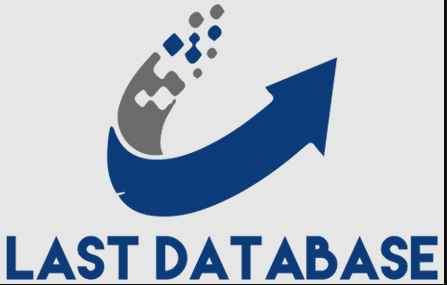Email marketing is a digital marketing strategy that involves sending commercial messages to a group of people via email. It is a direct and personalized method of communication that allows businesses to reach their target audience, nurture leads, and promote products or services. This article explores the definition and significance of email marketing as an essential tool for businesses to engage with their customers and achieve marketing goals.
What is Email Marketing?
Email marketing is the practice of using emails to connect with potential and existing customers. It involves sending well-crafted and targeted messages to a carefully segmented audience, aiming to build brand awareness, drive sales, and foster customer loyalty. These China Email list emails can include promotional content, newsletters, updates, or transactional information.
Benefits of Email Marketing:
1. Cost-Effectiveness: Email marketing is a cost-effective marketing channel compared to traditional advertising methods. Businesses can reach a large audience at a fraction of the cost, making it suitable for companies of all sizes.
2. Personalization: Email marketing allows businesses to personalize content based on recipient data, such as names, preferences, and past interactions. Personalized emails lead to higher engagement and improved customer satisfaction.
3. Reach and Accessibility: With nearly everyone having an email address, email marketing provides a wide and accessible reach. Email messages can be opened and read at the recipient’s convenience, making it a non-intrusive form of communication.
4. Measurable Results: Email marketing offers robust tracking and analytics capabilities, allowing businesses to measure the performance of their campaigns. Marketers can track open rates, click-through rates, and conversions to assess the effectiveness of their email efforts.
Key Components of Email Marketing:
1. Email Lists: Building a quality email list is crucial for successful email marketing. Businesses can collect email addresses through website sign-ups, social media, lead generation campaigns, and customer interactions.
2. Content Creation: Crafting engaging and relevant content is essential for effective email marketing. The content should align with the audience’s interests and needs, providing value and encouraging action.
3. Segmentation: Segmenting the B2B Lead email list based on demographics, behavior, or preferences allows businesses to send targeted and personalized content to specific groups, increasing the chances of engagement and conversions.
4. Design and Layout: Emails should be visually appealing and mobile-responsive to ensure they display correctly across different devices. Use of images, colors, and well-organized content enhances the email’s readability and impact.
Conclusion:
Email marketing is a versatile and powerful tool for businesses to connect with their audience, promote products, and drive sales. With its cost-effectiveness, personalization, and accessibility, email marketing remains a crucial component of an integrated marketing strategy. By focusing on building quality email lists, creating engaging content, employing segmentation, and using visually appealing designs, businesses can harness the full potential of email marketing to achieve their marketing objectives and nurture strong relationships with their customers.







